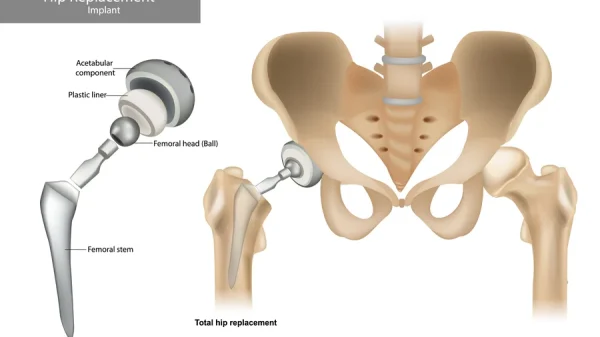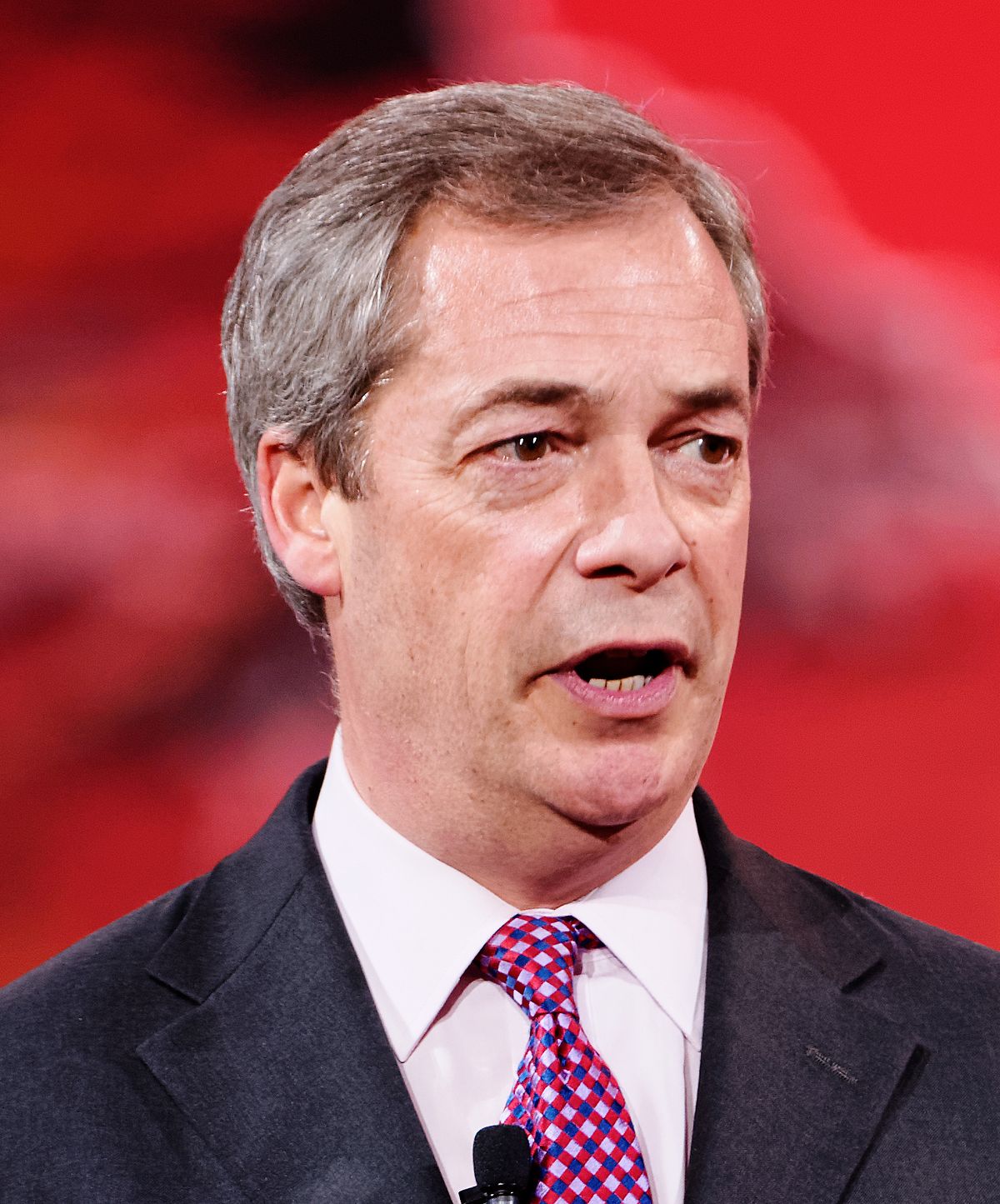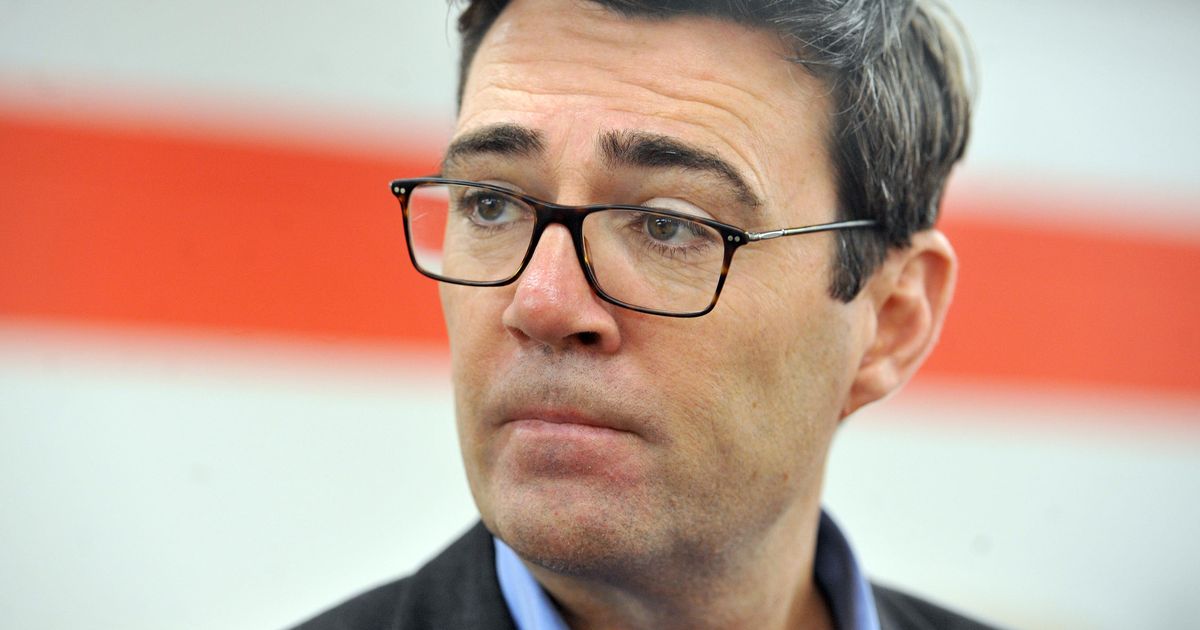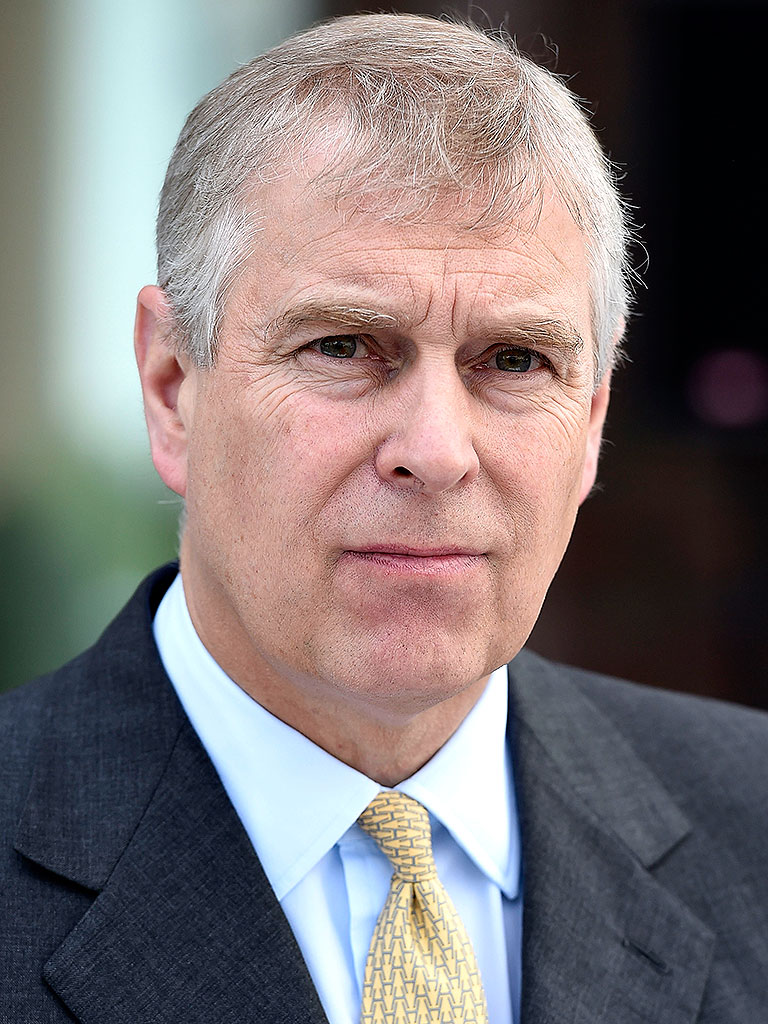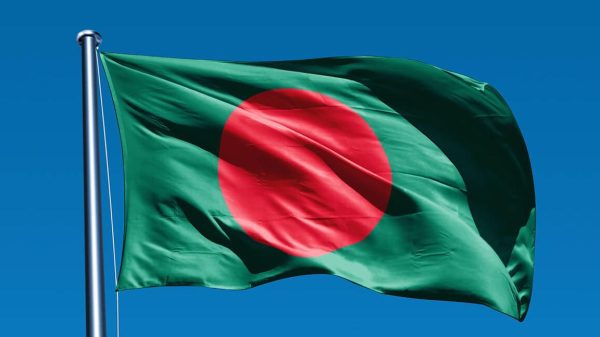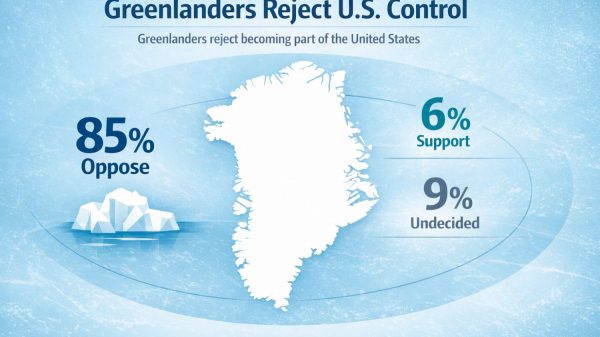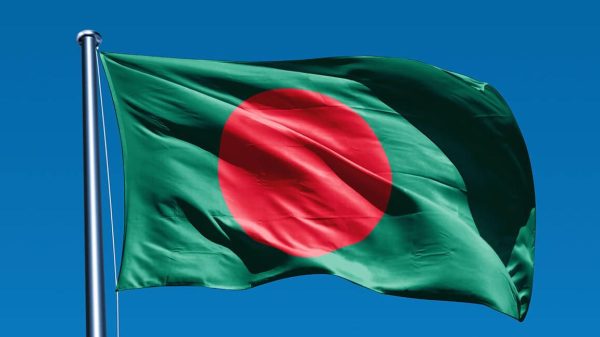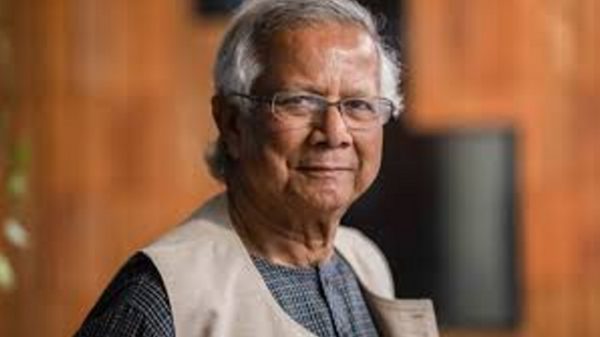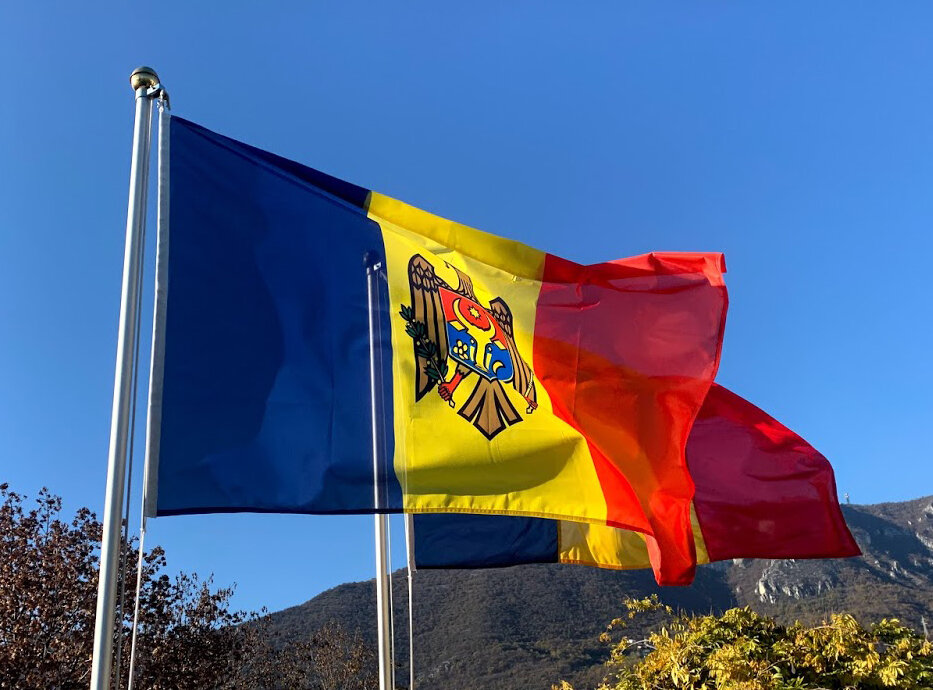by George T.
The Republic of Moldova woke up this morning with a deep sense of both relief and unease. The parliamentary elections held on September 28th have once again confirmed what Moldovan citizens have been saying for years now: their future lies with Europe. The ballot boxes carried a clear message—people want to walk firmly on the European path, leaving behind the shadows of Moscow’s grip.
This is not the first time Moldovans have spoken. Last year’s presidential elections and the referendum on EU accession already showed a nation determined to secure its place in the European family. Yesterday’s vote only reinforced that vision. It was more than a political contest—it was a test of resilience, of identity, of whether Moldova could withstand the pressure of history and choose its own way forward.
A society under pressure
The campaign was anything but peaceful. The country’s streets, airwaves, and online spaces were filled with polarizing messages. Political parties attacked one another relentlessly, media outlets often echoed partisan lines, and citizens were caught in a storm of disinformation. The interference from Russia was visible at every step—cyberattacks against key institutions, attempts at vote buying, and coordinated propaganda aiming to weaken people’s trust in democracy itself.
Despite this unprecedented pressure, Moldova’s state institutions held the line. Election officials worked tirelessly to guarantee that the vote would be free and fair, while ordinary citizens, in Moldova and abroad, showed extraordinary courage simply by showing up at polling stations. In that collective act of voting, Moldova proved it was capable of standing against manipulation.
Moscow’s shadow remains
Yet the story does not end with the results. Even as ballots were being counted, opposition leaders backed by Moscow prepared the next move. Igor Dodon, head of the Patriotic Electoral Bloc, had already called for massive protests on September 29th, anticipating his party’s defeat. Other opposition forces quickly declared their readiness to join him, exposing once again how deeply Russian influence continues to run.
Moscow’s strategy is an old one: to discredit democratic processes by questioning their legitimacy, to push people into the streets, and to provoke clashes that erode trust in public institutions. The goal is not to win elections—it is to paralyze Moldova, to keep it weak, divided, and insecure until ordinary people begin to doubt whether democracy can protect them at all.
A fragile but determined democracy
For now, Moldova has passed its test. The elections were transparent, democratic, and a strong sign of maturity in a country that has endured too much—from the economic hardships of the war in Ukraine, to the scars of the COVID-19 pandemic, and to the endless meddling from Moscow. Citizens have proven that they can stand up to pressure and choose a European destiny.
But the test is not over. Instability may linger in the weeks ahead, and opposition parties will not easily give up their attempts to overturn the will of the people. The real challenge for Moldova begins now: to transform this democratic victory into long-term stability, to build institutions resilient enough to withstand both internal betrayal and external sabotage, and to prove that Moldova is not just surviving history, but shaping it.
The people have spoken. The European path is no longer a dream—it is a commitment. What remains to be seen is whether Moldova’s leaders, institutions, and society can carry this commitment forward in the face of pressure, protest, and provocation.

